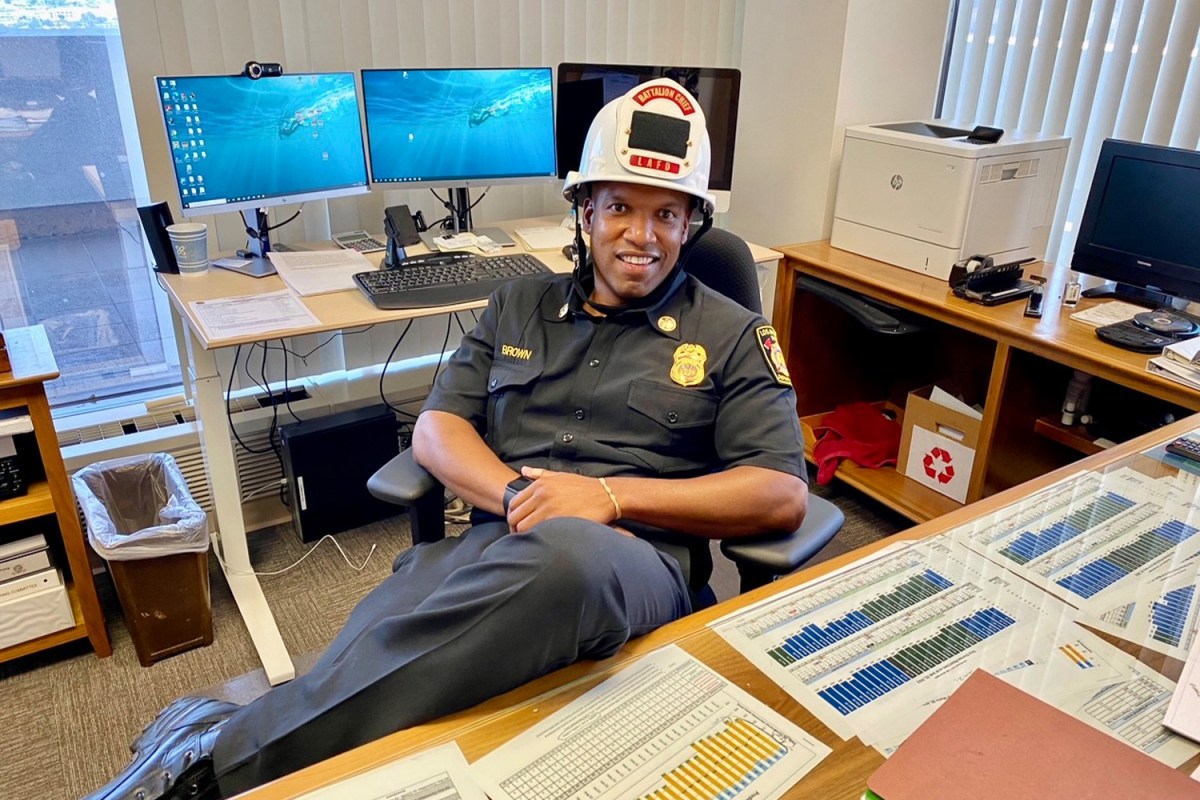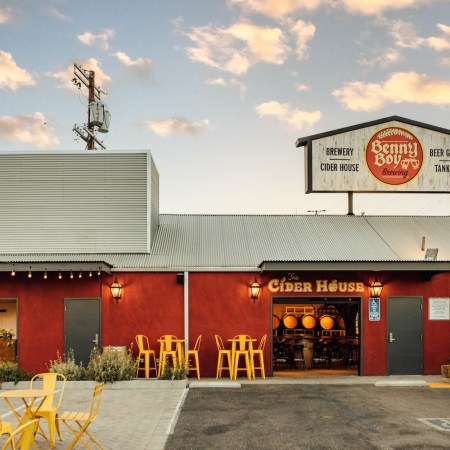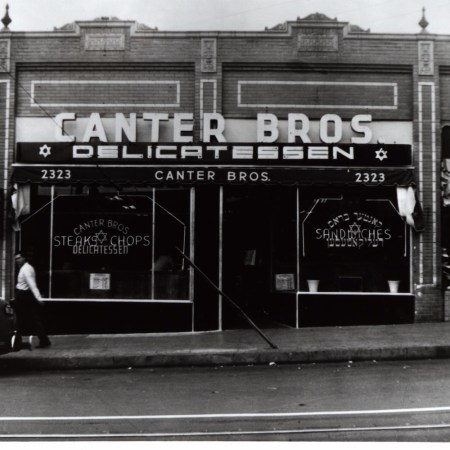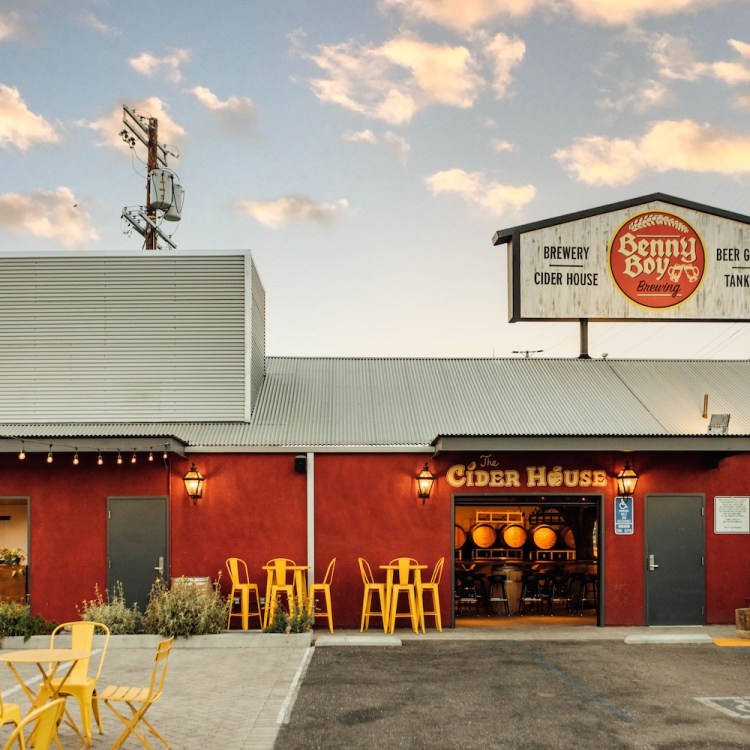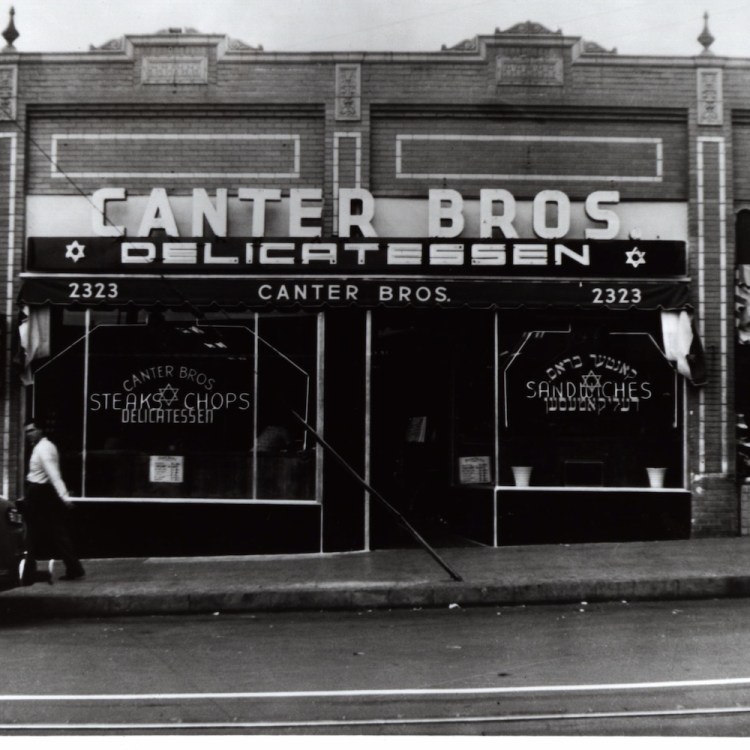It’s hard to say no to Quincy Jones. When Kairi Brown started interning at a big music label at 18, he fully expected to finish school and pursue a career — the gig was the perfect complement to a full-time class schedule and would allow him to fulfill a promise to his mom that he would graduate from college. But Brown soon learned that life rarely goes exactly as planned: When his internship brought him into contact with the legendary music producer, Brown leapt at the chance to pursue a job learning from the industry icon. School would have to wait.
Brown spent the next 15 years immersed in the music industry. “Quincy told me to learn all parts of the industry — legal, promotion, finance, etc. — so I did exactly that,” he says. “I was especially drawn to A&R [artist and repertoire], finding and developing new talent.” Eventually he became vice president of A&R for Warner Brothers Records. In 2001 he left to launch his own label.
While touring with a new artist, Brown had the chance to attend his first NASCAR race. He says he noticed two things: “The audience was all white, and there were no vendors selling barbecue.” A new business idea was born. He wanted to introduce NASCAR fans to great barbecue, like the kind his father sold at his restaurants. His timing was perfect: Magic Johnson had recently agreed to be the co-chair of NASCAR’s Executive Steering Committee for Diversity. Brown contacted Johnson, and eventually his new concept, Bubba Q’s, would become the circuit’s first minority vendor. A few years later, Johnson would include Brown and Bubba Q’s in his award-winning book, 32 Ways To Be A Champion In Business.
Running two businesses, both involving long hours and constant travel, took its toll on Brown and his family. He put both on the back burner, looking for a new direction. “I was driving home one night and heard an ad on the radio for becoming a firefighter for the Los Angeles Fire Department,” he says. “That idea really appealed to me.”
Just like Jones had served as a mentor for his music career, Captain Armando Hogan would do the same for Brown as he began his training as a firefighter. Captain Hogan was not only a veteran firefighter, but a member of the LA City Stentorians, an fraternal organization of African-American firefighters. While the Los Angeles Fire Department (LAFD) has been integrated since 1956, Black firefighters still face challenges. With the help of Captain Hogan and the Stentorians, Brown completed his training and began his new career.
Moving from entrepreneur to public servant wasn’t easy. A 136-year-old organization, the LAFD has a long list of rules, some written and others not. Brown had studied the organizational chart and set his sights on leadership roles — in his opinion, his considerable executive experience made him the right man for the job. Moving up quickly through the ranks, though, is not traditionally part of the LAFD culture; an organizational norm indicates that each position requires a long tenure in order to master it. Brown took the test for Captain I at age 40, after just seven years with the department — much faster than typical. A few years later he was promoted to Captain II, and most recently to Battalion Chief.
In his first assignment as Battalion Chief, Brown was assigned to operations for West Bureau, where preventing the spread of brush fires — which could become full-scale wildfires — was a critical part of his team’s assignment. His approach was to always attack a brush fire aggressively, keep the fire “skinny” and remember that the first hour is absolutely critical. “My team was really good at extinguishing brush fires,” he says. “We took every one seriously because we knew the devastating consequences if we weren’t successful.”
Recently Brown was moved to the Professional Standards Division, the office tasked with reviewing complaints against firefighters, whether from the public or colleagues. While he concedes that this new position won’t be easy, he says he values the opportunity to learn more about the department. “All of this is leading to my ultimate goal of becoming the Fire Marshall for the Fire Prevention Bureau,” Brown says. He hopes to someday lead the division charged with protecting life and property through the avoidance of fire events.
Through all the twists and turns of his career, Brown did keep his promise to his mom and eventually obtained his bachelor’s degree in business management. More recently he earned a Master’s in leadership from the University of Southern California’s Sol Price School of Public Policy.
Brown admits that at times he misses the excitement of the music industry. But with both his brother and son in the industry, he has plenty of opportunities to connect with his love of music. And he has no regrets about leaving it. “There’s no doubt in my mind that I found my calling as a firefighter,” he says.
This article was featured in the InsideHook LA newsletter. Sign up now for more from the Southland.
